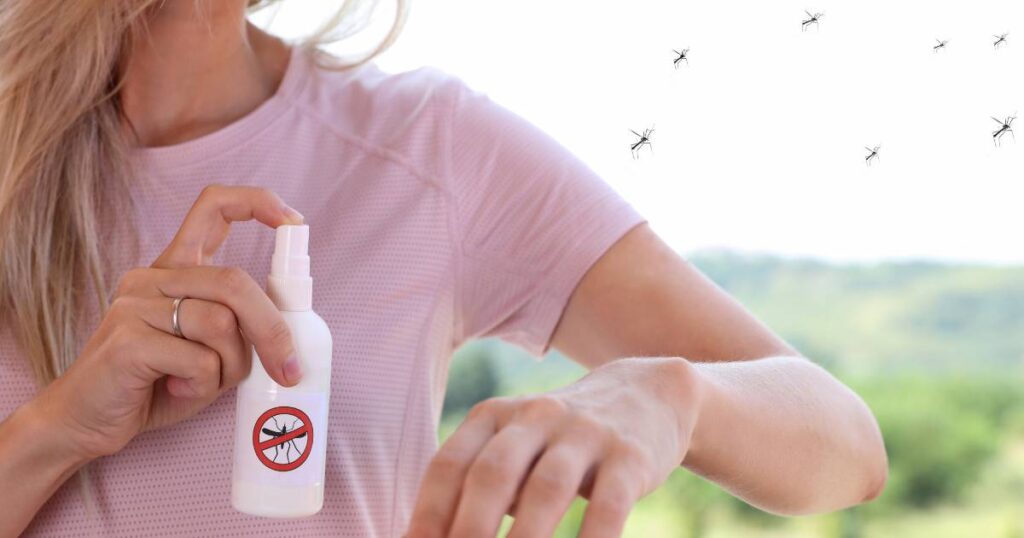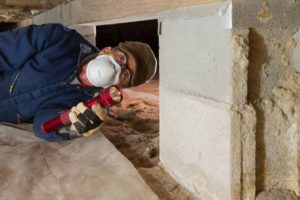Rodents, such as rats and mice, are not just a nuisance but can pose significant health risks. Understanding and implementing effective rodent repellent strategies is crucial for maintaining a rodent-free home. This comprehensive guide covers various repellent methods, their effectiveness, and tips for preventing rodent infestations.
Introduction to Rodent Repellents
Rodents are attracted to homes for food, shelter, and nesting. The key to effective rodent control is understanding their behavior and using repellents that target these attractions. Both natural and chemical repellents are available, each with its pros and cons.
The Importance of Cleanliness
The most effective rodent repellent method is maintaining cleanliness. Rodents are scavengers and are attracted to easily accessible food sources. Regularly disposing of garbage and storing food in sealed containers are essential steps in deterring rodents.

Natural Repellents
Natural repellents, such as the smells of eucalyptus, wormwood, and mint, are minimally effective but can be used as part of a broader rodent control strategy. These scents are unattractive to rodents but may not be sufficient on their own.
Chemical Repellents
Chemical-based repellents offer a more potent solution. These repellents can deter rodents effectively but may have environmental and health implications. It’s important to use them as directed and consider their impact on pets and children.
Sound-Based Repellents
Sound-based repellents emit high-pitched sounds that are disconcerting to rodents but inaudible to humans. While these devices have shown limited effectiveness, they can be part of a multi-faceted approach to rodent control.
Ultrasonic Devices
Ultrasonic devices are a popular form of sound-based repellents. They emit a high-frequency sound that is intended to be uncomfortable for rodents. However, their effectiveness varies, and they may not work in all situations.

Professional Pest Control Solutions
In the event of a significant infestation, professional pest control solutions are often required. Experts can provide customized strategies that are more effective than repellents alone. They can address the entire rodent population and prevent future infestations. Check our rodent proofing service.
Rodent Traps
Rodent traps are a common method for controlling rodents. They can be used alongside repellents for a more comprehensive approach. Traps come in various forms, including snap traps, live traps, and glue traps.

Preventing Rodent Infestations
Prevention is key in rodent control. Here are some effective strategies:
- Seal Entry Points: Rodents can enter homes through small openings. Seal cracks and holes in your home’s exterior.
- Remove Outdoor Attractions: Keep your yard clean and free of debris where rodents can hide.
- Store Food Properly: Store food in airtight containers and avoid leaving pet food out overnight.
- Regular Inspections: Conduct regular inspections of your home for signs of rodents, such as droppings or gnaw marks.
Conclusion
Rodent repellents, both natural and chemical, can be effective when used correctly and as part of a comprehensive rodent control strategy. Maintaining cleanliness, sealing entry points, and using traps can also help keep your home rodent-free. For severe infestations, professional pest control services are recommended.

FAQs
What are the most effective natural rodent repellents?
Natural repellents like eucalyptus, wormwood, and mint can deter rodents, but they are usually more effective when combined with other control methods.
Are ultrasonic rodent repellents safe for pets?
Most ultrasonic repellents are safe for pets, but it’s important to check the product specifications and consult with a veterinarian if you have concerns.
How often should I inspect my home for rodent signs?
Regular inspections, at least seasonally, are recommended to detect early signs of rodent activity.
Can chemical repellents be harmful to humans?
Some chemical repellents can be harmful if not used as directed. Always follow the manufacturer’s instructions and consider non-toxic options if health concerns are a priority.
What should I do if I have a severe rodent infestation?
For severe infestations, it’s best to contact a professional pest control service for a comprehensive and effective solution.



